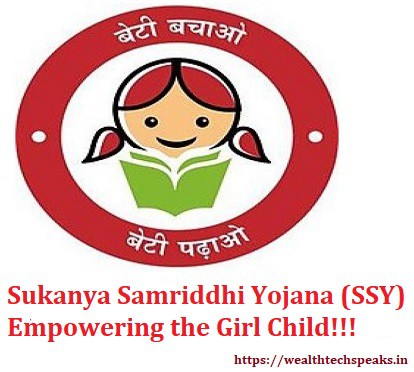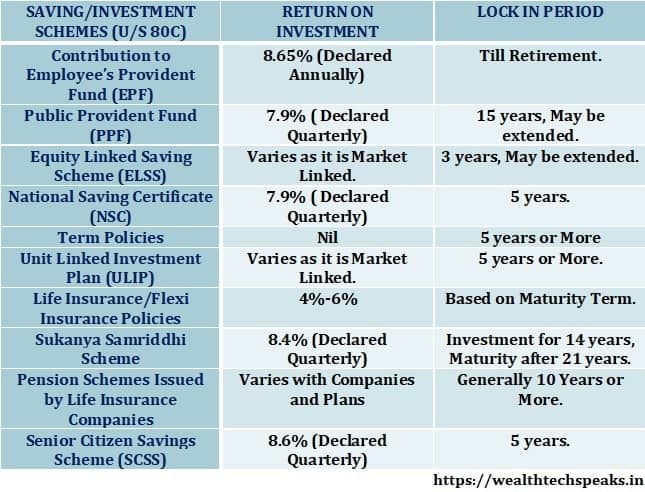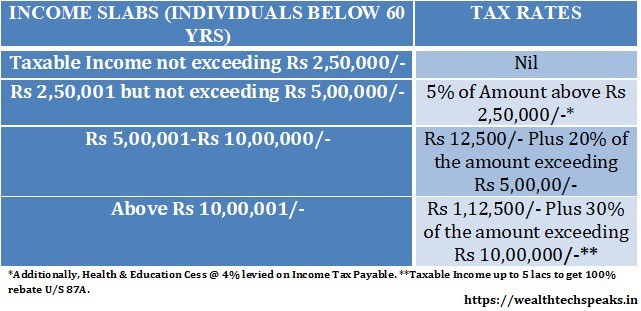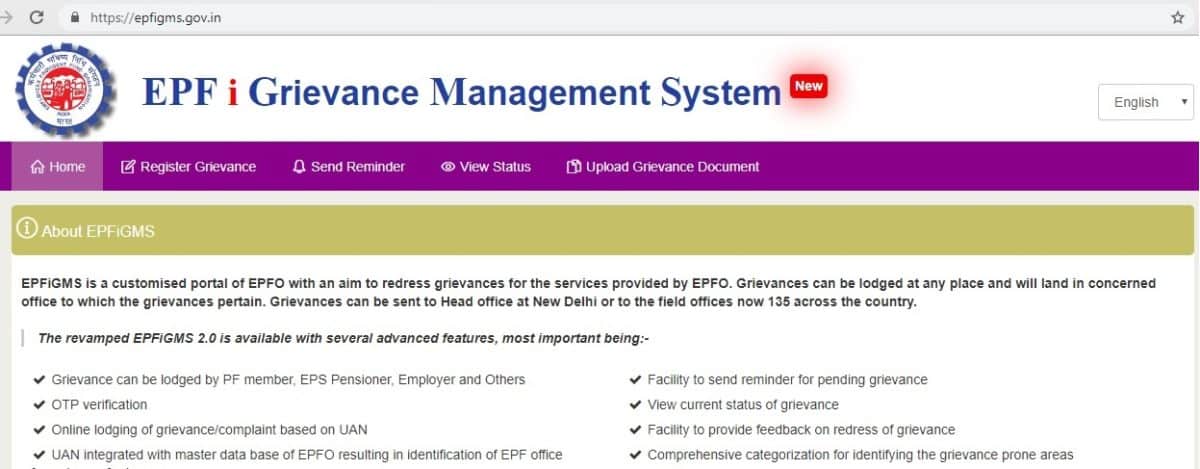
Sukanya Samriddhi Yojana (SSY): Empower The Girl Child
- Posted By Amritesh
- On December 7th, 2018
- Comments: 188 responses
Small Savings Schemes Comparison: Find Out the Best
In this post we will look at the Salient Features and Benefits under the Sukanya Samriddhi Yojana (SSY):-
Eligibility for Investment in Sukanya Samriddhi Yojana (SSY)
Either Parent (Father or Mother) may open an account in the name of the Girl Child who is resident of India under the Scheme. Do note that recent notification has clarified that only a Girl child who is resident of India is eligible under the scheme irrespective of resident status of the parent or guardian.
In case, the resident status of the Account Holder changes during the continuation of scheme, the same has to be informed to the concerned Bank or Post Office branch within one month and account will be closed with immediate effect.
In cases where, neither parent is alive or incapable of discharging their duties, then the Legal Guardian as per the Law can open an Account in the name of the Girl Child.
A guardian can open only one account in the name of one girl child and maximum two accounts in the name of two different Girl children (incase twin girls are born in second birth or triplets are born in the first birth itself then additional account can be opened on submission of required proof).
Account can be opened only for Girls till the age of 10 years only from the date of birth. For initial operations of Scheme, one year grace was provided. With the grace, Girl child who is born between 2.12.2003 &1.12.2004 could open account up to 1.12.2015.
Further the new notification has clarified that account may also be opened in the name of an adopted Daughter.
Procedure To Open The Account/Documents Required
Account can be opened in any Post Office in India or any notified branch of 28 Commercial Banks permitted by RBI to do so (It includes most of the Public Banks as well as few Private Banks like ICICI Bank and Axis Bank). Banks have also started accepting deposits along with notified branches of Post Offices.
The documents required to Open the Account is:-
Birth Certificate of the Girl Child
Address Proof
Identity Proof
Along with the documents mentioned above, a Form available at Post Office and even at banks needs to be filled up and submitted.
A passbook will be given to the depositor which will bear the name of the child and other relevant details with regard to account which needs to be produced at the time of deposit, credit of interest and at the time of withdrawal/maturity.
Duplicate Passbook
In case the original passbook is misplaced, duplicate passbook may be issued on payment of fee Rs 50.
Tenure Of The Sukanya Samriddhi Yojana (SSY)
The total tenure of the scheme is 21 years. Deposits have to be made for the initial 15 years but the interest accumulation will take place during the entire tenure or till the account is closed. On closure, the maturity proceeds will be paid to the Account holder.
Maximum And Minimum Deposits
The account may be opened with a deposit of Rs 250/- initially but thereafter any amount in multiple of Rs 100/- may be deposited subject to the condition that a minimum of Rs 250/- is deposited in each and every financial year but the total deposit in an account on a single occasion or on multiple occasions shall not exceed Rs 1,50,000/- in a financial year.
In case, in any financial year the deposit amount exceeds the prescribed limit, the excess amount will not earn any interest on it and depositor is allowed to withdraw the excess amount.
Minimum – Rs. 250/- Every Year (For the Initial 15 Years, reduced from Rs 1,000/- effective from 5th July,’18)
Maximum- Rs. 1,50,000/- Every Year
Penalty For Default Account
If minimum of Rs 250/- is not deposited in any year then such account will be regarded as Default Account. In order to regularize such account payment of a penalty of Rs 50/- per year along with the minimum subscription of Rs. 250/- for the each year (s) of default any time till the account completes 15 years.
If a Default Account is not regularized within the stipulated time, the entire deposited amount will earn Post Office Savings interest rate instead of rate offered under the scheme. However, this rule is not applicable if the default takes place due to the death of the Guardian.
Mode Of Deposits In Sukanya Samriddhi Yojana (SSY)
Deposit can be made in Cash, Cheque or Demand Draft. In case of deposit made by DD or Cheque, the date of encashment will be regarded as date of period. Fresh notification has also made provision for online deposits in the scheme through Core Banking System (CBS).
There is no limit on number of deposits one can make in a month or in a year.
Maturity/Premature Closure, Withdrawal & Contribution
The maturity period for the Deposit is 21 years. However, Contribution (Deposit) to the Account will have to be made for the initial 15 years only. Thereafter the Deposit will keep on earning interest for next 6 years.
Pre-Mature Closure
In the tragic event of death of the account holder. The account shall be closed with immediate effect on production of death certificate and the balance accumulated in the account shall be paid along with interest till the month preceding the premature closure of the account, to the guardian of the account holder.
Pre Mature Closure is possible on completion of 5 years from the date of investment. However, the same will be allowed only as per the provisions provided in the act, such as critical health related conditions. The investment will earn the Post Office Savings interest rate for the concerned period.
SSY Account will also be closed pre-maturely on change of resident status of the Account Holder. No interest will be paid from the date of change in citizenship or residential status.
Pre-Mature Withdrawal
To meet the financial needs of the account holder for the purpose of higher education withdrawal up to 50% of the balance available in the account, at the end of preceding financial year shall be allowed but such withdrawal shall be allowed only after the account holder attains the age of 18 years or has completed education atleast till 10th Standard, whichever is earlier.
The withdrawal may be made in lumpsum or installments not exceeding one every year for maximum tenure of 5 years. The Parent or the Guardian or the Account holder herself has to provide documents supporting claims of her higher education (Admission Letter, Installment or token fee paid).
Note: If the Course fee is less than 50% of the account balance then the withdrawal will be restricted only to the extent of fee amount.
Closure before maturity due to Marriage of Account Holder
The account shall mature normally on completion of 21 years from the date of opening of the account. But in case marriage of the account holder takes place before completion of such period, operation of the account shall not be permitted beyond the date of her marriage provided she has completed 18 years of age. Fresh notification has stated that an account may be closed One month before the date of marriage or after Three months from marriage.
Submission of age proof is mandatory for the closure of account.
No Interest is Payable After Completion of 21 Years
If the account holder wants to continue with the account even after it attains the maturity period of 21 years, then she may continue to do so till the time she gets married. However, the new notification has clearly stated that no interest shall be payable after completion of maturity period.
Return/Interest On Deposits
The deposit is currently earning an interest of 8.5% (quarter ending 31st December,’18) on the deposit. The rate of interest is not fixed and Government will declare the interest rate on quarterly basis. Currently, deposit earns an interest of 7.6% for the Quarter ending on 30th September, 2020.
Compounding of Interest is done on annual basis. Interest is calculated for the calendar month on the lowest balance in an account on deposits made between close of 10th day and the end of the month.
Small Savings Interest Rates For The Financial Year
Calculation Of Interest
Interest is calculated as per the lowest balance available between 10th and last day of the month. So ideally, one should deposit on or before 10th of every month to maximize return.
Transfer Facility
Account can be transferred anywhere in India, if required. Transfer in between banks or post offices or from post office to bank or even vice versa is possible on account of relocation of the Account Holder, after providing address proof of the new location.
In case no address proof is provided, then a fee of Rs 100 will be levied for the transfer of the account.
Tax Benefit On Investment In Sukanya Samriddhi Yojana (SSY)
Contribution to Sukanya Samriddhi Yojana (SSY) is deductible U/S 80C of the Income Tax Act. The deduction is available on contribution up to Rs 1,50,000/-.
The Interest earned as well as the maturity amount is exempt from Income Tax U/S 10 (10D). Thus, Sukanya Samriddhi Yojana (SSY) enjoys exempt-exempt-exempt (EEE) status.
This article is for informational purpose only. Readers are advised to research further to have more clarity on the topic. It is very important to do your own analysis and consult your Financial Advisor before making any investment based decision.






